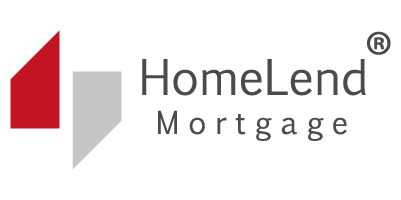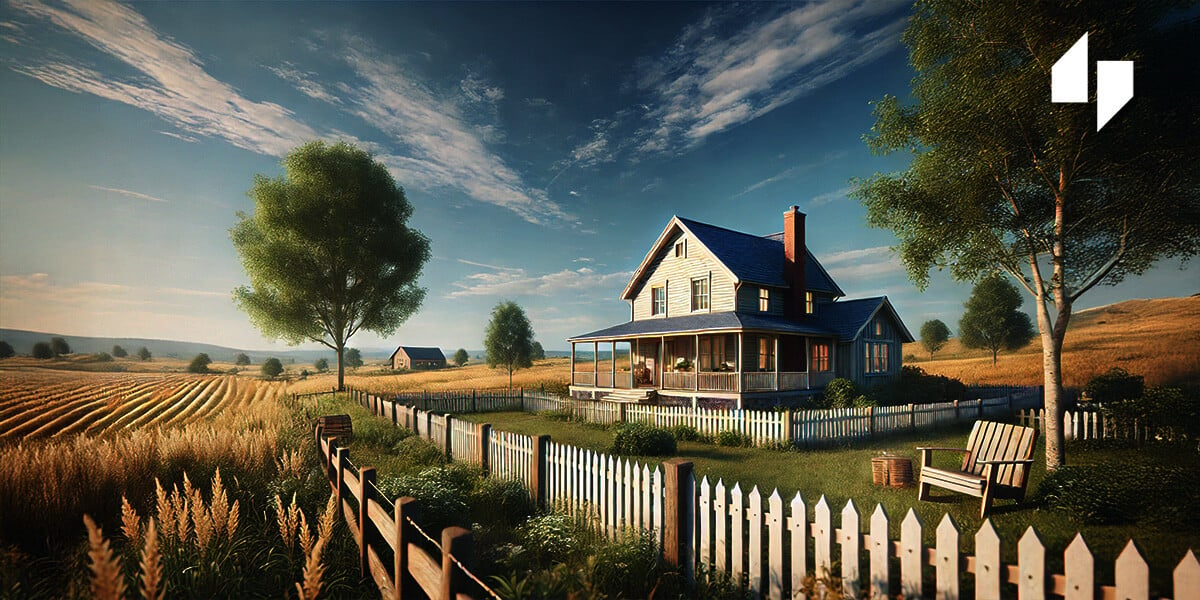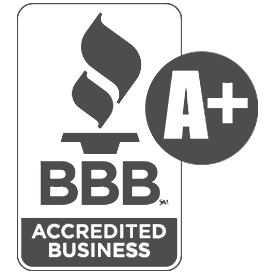Top Loan Options to Help You Buy a Home in Rural Areas
Rural areas offer tranquility, affordability, and the chance to own spacious properties, but financing a home in these regions often requires specialized loan programs. Whether you’re drawn to the charm of rural living or looking for affordability, there are several loan options tailored to meet the unique needs of rural homebuyers. Here’s a look at the best loan programs for buying a home in rural areas.
USDA Loans: The Perfect Fit for Rural Buyers
The USDA Rural Development Loan Program is specifically designed to help buyers in rural and suburban areas achieve homeownership without the financial burden of a large down payment.
Key Benefits of USDA Loans:
-
No Down Payment: Eligible buyers can purchase a home with 100% financing.
-
Low Monthly Payments: Competitive interest rates and no PMI make these loans affordable.
-
Broad Eligibility: Covers many areas classified as rural, including small towns and suburban regions.
Eligibility Requirements:
-
The property must be located in a USDA-eligible area.
-
Borrowers must meet specific income limits based on location and household size.
VA Loans: A Great Choice for Military Families
For veterans and active-duty military members, VA Loans are an excellent option for buying a rural home. These loans offer unmatched benefits that make homeownership accessible and affordable.
Key Features of VA Loans:
-
Zero Down Payment: No upfront cost to secure your home.
-
No PMI Requirement: Saves borrowers hundreds of dollars monthly.
-
Flexible Credit Requirements: Accommodates a wide range of credit scores.
Why VA Loans Work in Rural Areas:
Rural homes often come with lower price tags, and VA loans allow military families to stretch their buying power without worrying about down payments or PMI costs.
FHA Loans: A Flexible Option for Rural Homebuyers
While not exclusive to rural areas, FHA Loans are a practical choice for buyers with modest savings or credit challenges.
Key Benefits of FHA Loans:
-
Low Down Payment: Requires as little as 3.5% down for buyers with a credit score of 500 or higher.
-
Accessible Credit Requirements: Ideal for first-time buyers or those rebuilding credit.
-
Government-Backed Security: Lenders are more willing to approve borrowers under this program.
Why FHA Loans Are Useful in Rural Areas:
Many rural homes fall within FHA loan limits, and the program’s flexibility helps buyers access financing in less competitive markets.
Conventional Loans with Rural Property Flexibility
For buyers who don’t qualify for USDA, VA, or FHA loans, conventional loans remain a reliable option. Many lenders offer programs designed to make conventional loans more accessible for rural homebuyers.
Key Features of Conventional Loans:
-
Low Down Payment Options: Some programs require as little as 3% down.
-
No Property Restrictions: Unlike USDA loans, conventional loans are not tied to geographic eligibility.
-
High Loan Limits: Suitable for buyers purchasing larger properties or homes with unique features.
When to Consider Conventional Loans:
-
You have a strong credit score and stable income.
-
The property doesn’t meet the eligibility requirements for government-backed loans.
State and Local Rural Housing Programs
In addition to Federal programs, many states and local governments offer initiatives to support rural homebuyers. These may include down payment assistance, reduced interest rates, or grants to offset closing costs.
Where to Look:
-
Contact your state housing authority for rural-specific programs.
-
Non-profit organizations often partner with rural development offices to provide assistance.
Things to Keep in Mind When Buying in Rural Areas
Rural properties often come with unique considerations that affect financing and maintenance.
Key Considerations:
-
Infrastructure: Many rural homes rely on private wells, septic systems, or propane tanks, which can add costs.
-
Property Zoning: Ensure the home’s zoning aligns with your plans, especially if you intend to farm or run a business on the property.
-
Appraisal Challenges: Rural homes may have fewer comparable sales, which can affect the appraisal process.
Conclusion
Buying a home in a rural area is an attainable goal, thanks to specialized loan programs like USDA, VA, and FHA loans. These options offer low or no down payment requirements, making rural homeownership more accessible than ever. By understanding your eligibility and choosing the right loan, you can find the perfect financing solution for your dream rural home. Consult with an experienced lender to explore your options and make informed decisions about buying in a rural community.




